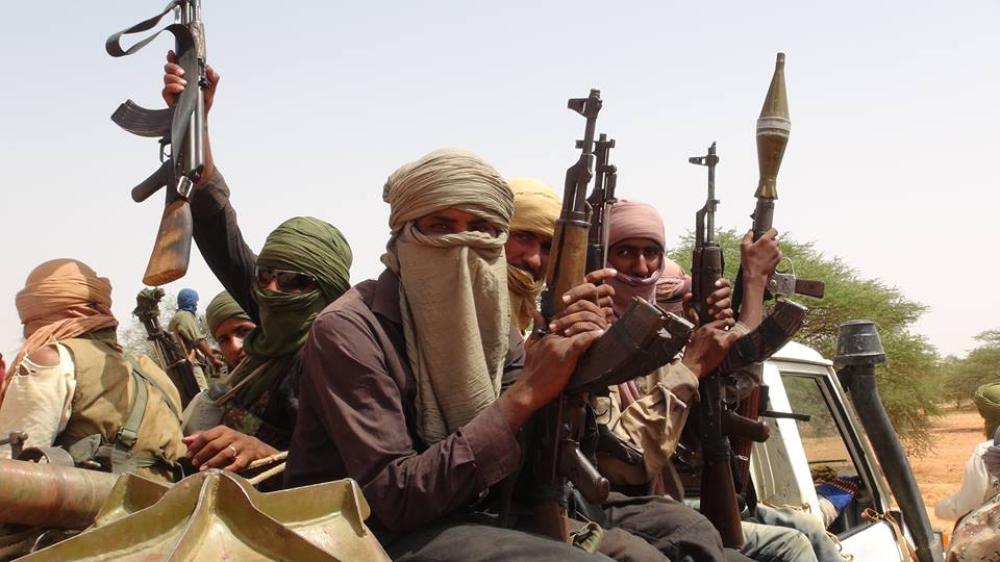
EU foreign, defence and development ministers are meeting a handful of African states in Brussels next week, as part of a broader EU-backed security and military-led operation in the Sahel, like reported by euobserver.com.
“This an important occasion to look at how we can take a fully integrated approach to our relations to the Sahel,” a senior EU official told reporters in Brussels on Friday (10 May).
The move comes amid heighten tensions as the EU and individual member states seek to damp down trouble spots throughout the semi-arid region south of the Sahara, where jihadist groups like the Boko Haram have taken root.
Earlier this week, the UN warned that insecurity and armed attacks in the Sahel have reached unprecedented levels.
Burkina Faso, Chad, Mali, Mauritania and Niger are all part of a shaky pan-military operation known as the G5 Sahel Joint Force, launched in 2014. The force is supposed to crack down on the militias.
All five are sending their diplomats to Brussels to meet the EU ministers, where they are expected to ask for more development and security aid.
The meetings kick off on Monday with foreign ministers where talks will focus on the regional politics. Defence ministers will then meet on Tuesday to discuss immediate security challenges.
“Foreign and defence ministers will then discuss it with ministers of the G5 Sahel countries in terms of how we cooperate with them and notably with their efforts at stabilisation and improving security,” noted the official.
The final meeting takes place on Thursday with development ministers.
The trio of ministerial meetings in the same week with the same focus is somewhat unusual – pointing to a wider convergence of EU development, humanitarian and security policy throughout the region.
The region is crippled by widespread poverty, corruption, and organised crime. Mali and Niger are also known migrant smuggling routes towards Libya and further on towards Europe.
430,000 displaced
The UN says the number of people displaced by violence throughout the Sahel has increased five-fold in the past year alone, to more than 330,000 people, in addition to 100,000 refugees.
The EU has common security and defence policy (CSDP) missions in Niger and Mali, where they carry out military training exercises and other forms of support.
A regional force with some 5,000 soldiers, the G5 Sahel Joint Force is also in part funded by the European Union, along with big contributions from Germany and France.
The EU had initially mobilised some €50m to help fund the five-nation army, which has since increased. The EU money is being used to provide “non-lethal equipment, services and infrastructure.”
Merkel trip
Germany is also heavily involved and has some 1,000 troops stationed in the region. Last week, Germany chancellor Angela Merkel toured the Sahel nations and pledged an additional €40m to fight terrorism.
For its part, France has 4,500 troops in Chad, Burkina Faso, Mali, and Niger to help local forces fight the jihadists.
“The common G5 force is not just a French question, it is a European question,” said one EU diplomat, also drawing a link to the conflict in Libya.
Libya’s embattled prime minister Fayez al-Sarraj will also be in Brussels on Monday.


